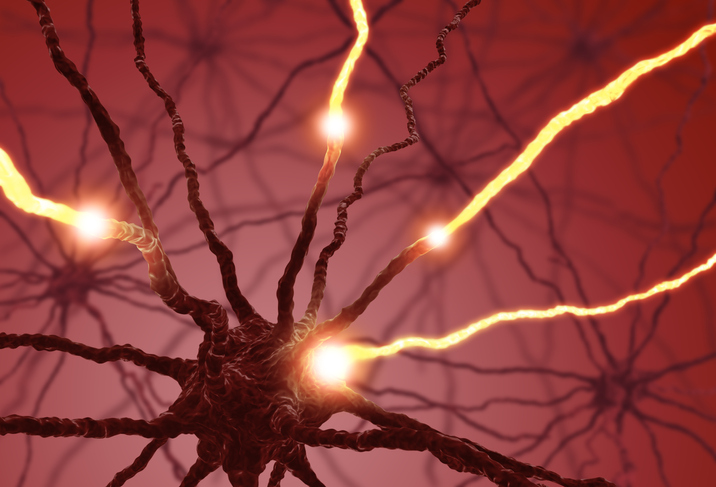Pain
At-Home Treatments for Chronic Inflammatory Demyelinating Polyneuropathy (CIDP)

What is chronic inflammatory demyelinating polyneuropathy?
Chronic inflammatory demyelinating polyneuropathy (CIDP) is a medical condition involving inflammation of the peripheral nerves (the nerves located outside the brain and spinal cord). The term “demyelinating” denotes damage to the myelin sheath, which is the fatty, protective covering that surrounds nerve fibers. This damage is thought to be caused by an abnormal immune response, so CIDP is considered an autoimmune disease. The term “polyneuropathy” signifies that many nerves in the body are affected.
Chronic inflammatory demyelinating polyneuropathy is also known as the chronic form of Guillain-Barré syndrome, which is an acute inflammatory disease of the peripheral nerves. Symptoms must be present for at least eight weeks in order for a CIDP diagnosis to be considered.
Options for at-home management
In addition to conventional medical treatments for chronic inflammatory demyelinating polyneuropathy, several steps can be taken at home to help manage or reduce symptoms, including pain and muscle weakness.
Pain medication
Over-the-counter medications, such as acetaminophen or ibuprofen, may reduce or eliminate pain caused by nerve damage.

Physical activity
Getting moderate exercise can reduce fatigue and increase endurance. Types of exercise may be limited by severity of symptoms, but some low-impact activities to try include walking, swimming, chair yoga, or tai chi.

Physical Therapy
A home-exercise program provided by a physical therapist can improve muscle strength as well as function and mobility.

Mobility devices
If CIDP causes weakness in the legs, using a walker, rollator, cane, or other mobility device can be beneficial. These devices can improve mobility as well as ensure safety while walking and performing other daily activities.

Temperature therapy
Taking a warm bath is not only soothing, but it also increases blood circulation, which can decrease symptoms of nerve pain.

Lifestyle modifications
Eating a diet filled with plenty of fruits and vegetables is beneficial due to their anti-inflammatory properties. Quitting the habit of smoking and limiting alcohol consumption is also recommended.

Used in combination with conventional medical treatments for chronic inflammatory demyelinating polyneuropathy, at-home treatments can help manage or reduce CIDP symptoms.














